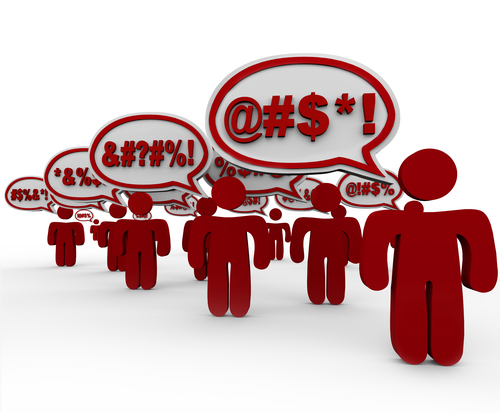The Art of Swearing
On our way to a pre-season Packer game this past summer, our family walked by a group of people on the same trek to the stadium as we were. As we passed the group, one person used the F-bomb multiple times loudly and as the main staple of his sentence. As a mom, I wanted to turn and tell the man there were kids present and he should modify his language. However my kids are in junior high and none of the words were new to them. It was my preference and my norms guiding what I thought he should do.
Now how does this story tie to swearing in the workplace? And as a disclaimer, before you get up in arms that I’m judging your right to swear, know my mom taught me it was okay to swear as long as you did it artfully. “Artfully?” you wonder. Yes, artfully.
Swearing artfully has to do with taking the moment and lightening the mood or making people laugh. For example, a colleague used to haul around this gigantic water mug and called it her BAM. Big Ass Mug. It made me laugh and every time I looked at her BAM, I smiled. I still do. It was unexpected and it served a purpose – an exaggerated verbal description.
Now, I steer clear of swearing both at home and in the workplace – unless it can be done artfully or with a clear purpose. There’s a reason I steer clear of cursing, it’s the same reason that made me want to tell the person we passed on the way into the game he should modify his language.
It’s a reason that has become less of a social norm today than it was 10 or 20 years ago. Twenty years ago, swearing and professionalism didn’t go together. Many of us understood this to be the social norm. That sentiment has changed across our business standards.
How has it changed and why has it changed? Interestingly, A Washington Post online article, “Why people go @*@&@(*&! in the office,” by Danielle Paquette, talks about how the image of swearing has changed and the generational norms associated with swearing.
Older generations were taught people who swore weren’t very professional. Swearing indicated you were uncouth and from a lower class of society. This image has flipped a bit. Some research shows swearing actually makes us more relatable to others and diminishes the sense of superiority and rank present in many organizations. It’s a way for the manager to connect to the employee if you will.
With those two opposing concepts (swearing is unprofessional and swearing makes me relatable) how do we bridge these two perspectives?
First, I think we need to know our audience and have the presence of mind to adapt effectively to the environment you are in. For me, I opt to not swear (although those who know me well know that “Ohsh” is a word in times of surprise or distress). Not swearing suits who I am, and it keeps me from accidentally offending someone in my sessions or audiences. For others of you, you may find you swear because it’s part of your social or organizational norm. You have to adapt, just as we do in any communication scenario.
The second way we can bridge this gap is to be aware curse words are defined differently by different people. My generation was taught the phrase, “that sucks,” was deeply offensive. For others, the phrase, “pissed off,” is offensive. We have to understand what we are walking into if we want to keep people engaged and positive, no matter what our environment.
Those are really the keys to being adaptive in all situations and exercising strong emotional intelligence, in the realm of cursing and the realm of communicating. Who is my audience? What do they expect? How can I adapt to meet their needs?
You get to own your language choices and the benefits and consequences of those choices. I’d encourage you to do so with wisdom and charm as you remember my mom’s mantra, “If you’re going to swear, do it artfully.”
Keynote speaker, trainer, and consultant, Sarah Gibson, helps organizations leverage the power of communication, teamwork and diversity to improve engagement and transform teams. To buy her book or inquire about her speaking programs, please visit www.sarahjgibson.com.




Love this! Know thy audience:-) Key to all situations is so true. Thanks for describing it so “artfully” Sarah.